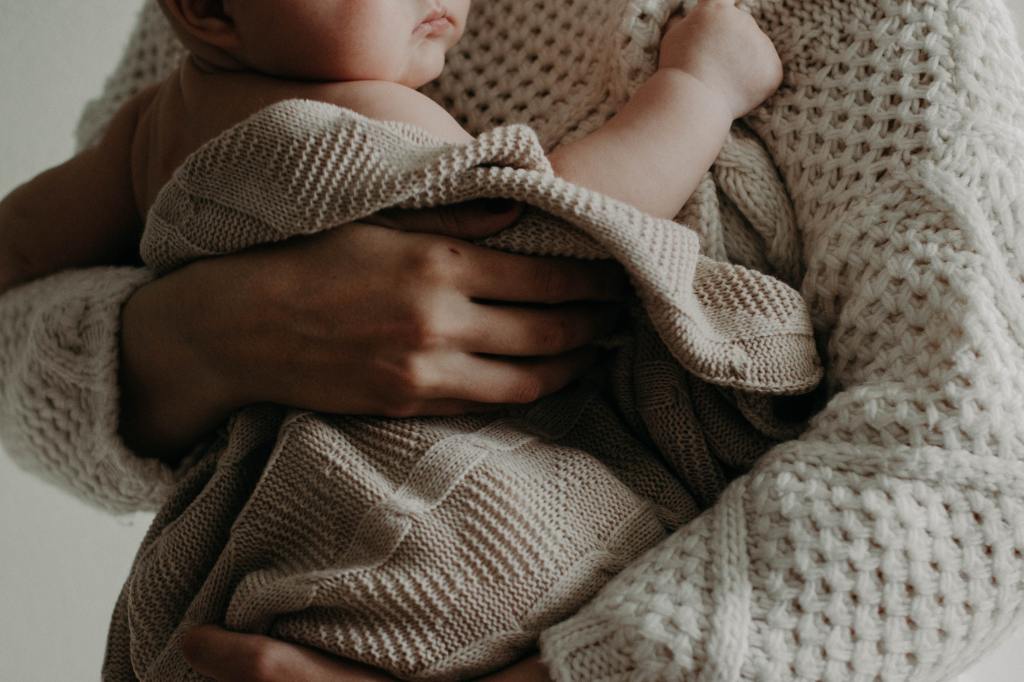13 September 2023, Alberto Perez Cedillo
Being the biological mother is not relevant to grant sole custody in family proceedings.
The Provincial Court of Murcia has handed down a judgment (SAP M 440/2023) which grants the custody of a minor in the context of a divorce between two women, be to the non-biological mother. The ruling establishes that, in this case, the fact that she is the pregnant mother is irrelevant, as both are legal mothers with full rights. The decision rejects the main argument put forward by the biological mother who was not granted sole custody.
The couple in question conceived their daughter by in vitro fertilisation, the appellant being the biological mother and the one who breastfed the baby. The child shared her life with the other woman’s children from a previous marriage. After seven years of union, the relationship between the two mothers began to deteriorate. At a critical point, the biological mother moved from Murcia to Madrid with the daughter, depriving the child of a relationship with her family for several months. The subsequent divorce proceedings triggered accusations of psychiatric problems on the part of the biological mother towards the other, even going so far as to denounce her ex-partner’s children for sexual abuse. None of these allegations could be proven.
A court-appointed expert issued a report assessing the parental competence of both mothers and highlighting the high level of conflict between them. In addition, he noted the harm suffered by the child during the period in which she was unable to maintain contact with her other mother, recommending sole custody to be awarded to the non-biological mother. The divorce decree established that both would maintain shared parental responsibility, and the non-biological mother would have sole custody of the child, while a visitation regime would be established for the biological mother.
The latter filed an appeal before the Provincial Court, arguing that she had cared for the child continuously throughout her life, that previous interim measures had granted her custody and that the expert report was outdated. She also claimed that the child’s relationship with her siblings was insignificant due to the age difference. Her central point was that her role as a biological mother had not been taken into account.
The Court responded by emphasising that, in this context, the fact that she was the biological mother had no procedural relevance. Both women were legally mothers of the child, and the custody decision should be based on who could provide optimal care, considering the best interests of the child. The decision also addressed the argument that the biological mother breastfed the child in her first months and held that it had not been proven that she was the predominant caregiver.
Although the couple had initially drafted an agreement assigning custody to the biological mother, this agreement was not formally filed in the divorce proceedings. Given that joint custody was not feasible due to the geographical separation of the two women and considering that the biological mother had prevented the child’s contact with her other mother for months, the judgment concluded that it was more appropriate to award custody to the non-biological mother. This decision was based on the perception that it would be in the child’s best interests.
The biological mother argued that the child had adjusted to her new school environment in her place of residence. The judgment acknowledged this point, but also noted that she had not considered the negative effects of her decision to break contact with the child’s family, as she had unilaterally created the situation.

Foto de Kristina Paukshtite: https://www.pexels.com/es-es/foto/mujer-con-un-bebe-3242264/